The Collective Perspective Podcast
Season Trailers & Clips
ABOUT THIS PODCAST
The Collective Perspective is a podcast for people who want to grow. Grow in how they think, live, serve, and contribute to the world around them.
Hosted by Jeff Aldrich and Travis Eadens, we dive into everyday battles we all face: identity, purpose, burnout, anxiety, faith, unity, character, digital overload, and staying resilient in a divided society.
We explore mindsets and habits that shape our choices. We talk about taking ownership of our attitudes and actions. We focus on becoming better husbands, parents, friends, and neighbors.
We learn to think for ourselves, communicate well, and build stronger communities by starting with the person in the mirror.
Some episodes highlight everyday Americans and the real work they do to make this country stronger. Every conversation is centered on learning from real life and learning from real people. We share both challenges and victories that help us become people others can rely on.
Featuring our Episodes
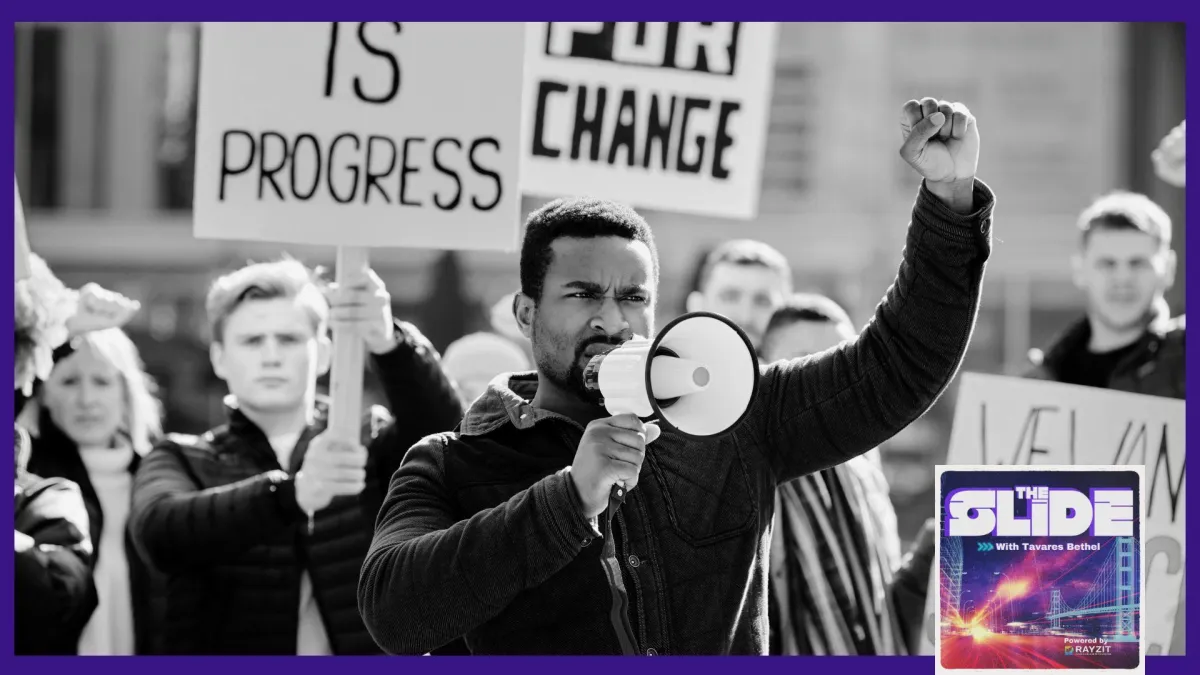
Unite in the Real Fight
Leading with the Power of Teamwork

In the latest episode of "The Slide," our host Tavares Bethel welcomes a distinguished guest, Dr. Nahshon Nicks, a dynamic leader, social advocate and Commander in Chief of Team NITRO MMA SEALTEAM.
Dr. Nicks delivers a powerful message: nobody achieves greatness alone. Leadership is about teamwork and taking on responsibilities and finding ways for everyone to contribute to the communal goal.
As a mentor, community leader, and preacher, Dr. Nicks navigates between faith and governance with a dedication to justice and empowerment. Dr. Nicks' recent run for the school board was driven by a desire to safeguard and improve public education in Jacksonville.
Deeply concerned about proposed school closures and the sustainability of the education system, he advocates for innovative solutions, strategic partnerships and emphasizes the need for attentive management and resource allocation to ensure every child receives a quality education.
Watch the Video
Episode 7: Work is the Business at Hand with Dr. Nahshon Nicks
In this impactful episode of The Slide, host Tavares Bethel engages with Dr. Nahshon Nicks, a community advocate and leader, to explore themes of leadership, community collaboration, and social change. Dr. Nicks recounts his journey from youth to becoming a mentor and educator, highlighting the importance of teamwork and personal discipline. The episode intersects spirituality, politics, and social issues, shedding light on the influence of liberation theology and the fight against socio-economic inequalities.
Other key topics include overcoming generational trauma, community leadership in urban settings, and the crucial role of education and voting in reforming Jacksonville's public schools.
This episode contains explicit content. Viewer discretion is advised. The intention of The Slide podcast is not to offend but to provide real conversations into topics affecting communities within the United States. The opinions contained within this episode are solely those who have expressed them. Proceed only if you are comfortable with potentially sensitive topics.
See Time Stamps for this video at the end of this article.
Understanding a Movement Rooted in Justice and Faith
Black liberation theology emerged as a powerful and transformative movement within Black American communities, intertwining Christian faith with a relentless commitment to social justice. This theology emphasizes how religious belief can fuel activism, address systemic racism, and empower the marginalized. Rooted in a unique history of oppression and resistance, Black liberation theology offers insight into how faith communities can be active participants in the struggle for justice in the United States.
What is Black Liberation Theology?
At its core, Black liberation theology is an interpretation of Christian faith from the perspective of Black Americans who have faced generations of systemic racism and economic injustice. The movement argues that God stands in solidarity with the oppressed and calls upon believers to address injustices actively. It emphasizes that spiritual salvation cannot be separated from liberation from social and economic systems that perpetuate inequality.
The movement began to take shape during the Civil Rights era, gaining momentum in the 1960s and 1970s as Black communities fought for equal rights and against racial violence. Dr. James H. Cone, often considered the father of Black liberation theology, published Black Theology and Black Power in 1969, defining the theology as a way for Black Christians to understand God’s role in the fight for racial justice. Cone argued that Jesus Christ, who identified with the oppressed, calls Black Christians to resist racial discrimination and economic exploitation.
The Core Tenets of Black Liberation Theology
Black liberation theology is characterized by several principles that distinguish it from more traditional forms of Christian doctrine, emphasizing themes of justice, solidarity, and empowerment:
1. God as Liberator
Black liberation theology posits that God is not a distant, detached figure but rather one who stands with the oppressed. The movement highlights that throughout the Bible, God has always sided with those who suffer. This view reinforces that God has a unique relationship with Black Americans, who have endured centuries of racial oppression, and that liberation from these injustices is part of God’s divine will.
2. A Call to Political and Social Action
Rather than focusing solely on individual salvation, Black liberation theology emphasizes the need for collective action. Followers are called to confront the systems that perpetuate inequality and racism. From the Civil Rights Movement to the Black Lives Matter movement, Black liberation theology has inspired grassroots activism, community organizing, and protests. This theology holds that true faith compels believers to be actively engaged in creating a more just society.
3. Understanding Structural Racism as Sin
Black liberation theology reframes sin not only as individual wrongdoing but also as systemic evil, emphasizing that racism and economic exploitation are forms of structural sin. The movement critiques the societal systems—such as institutionalized racism, economic disparity, and mass incarceration—that perpetuate the suffering of Black people in the United States. According to Black liberation theologians, these structures themselves are sinful and must be challenged to bring about genuine liberation.
4. Salvation as Freedom from Oppression
In Black liberation theology, salvation is understood as encompassing freedom from all forms of oppression, including those related to race, class, and economic status. This view holds that Jesus’ message of salvation is both spiritual and social. Therefore, salvation involves not only the redemption of the soul but also the pursuit of justice and equality on Earth.
Black Liberation Theology in Practice
The roots of Black liberation theology can be traced back to the Black Church, which has long served as a cornerstone of Black American life. During slavery, Christianity offered enslaved Africans hope, resilience, and a vision of a better world. Spirituals and sermons often encoded messages of resistance and liberation, presenting Biblical stories as allegories for freedom.
In the 20th century, the Civil Rights Movement saw leaders like Martin Luther King Jr., who embodied the principles of liberation theology. King’s theology was deeply influenced by his Christian faith, which motivated him to confront racial and economic injustices. Although King’s approach was one of nonviolent resistance, it was grounded in the belief that the Gospel calls believers to seek justice for the oppressed.
Later, in the 1960s and 1970s, James H. Cone further articulated Black liberation theology as a distinct theological framework. Cone argued that Jesus’ message of love and liberation was particularly relevant to Black Americans, who had been systematically oppressed by white supremacy. He called on the Black Church to embrace this theology to empower the Black community, advocate for racial justice, and resist the forces of oppression.
Controversy and Criticism
Despite its powerful message, Black liberation theology has faced criticism from both religious and secular perspectives. Some traditional Christian leaders have argued that it politicizes the Gospel by focusing too heavily on racial issues. They claim that by framing racism as a central sin and calling for political action, Black liberation theology deviates from Christianity’s core spiritual message.
Others, particularly within conservative circles, have criticized Black liberation theology for its perceived alignment with socialist ideas, given its critiques of capitalism and calls for economic justice. However, proponents of Black liberation theology argue that it does not advocate for any particular economic system but rather calls for justice, regardless of the economic structure. They maintain that the Bible’s emphasis on justice aligns with their focus on addressing racial and economic oppression.
The Legacy of Black Liberation Theology
Black liberation theology has left an indelible mark on both the Black Church and social justice movements across the United States. Its influence extends into contemporary movements such as Black Lives Matter, which also draws on religious and spiritual language to address racial injustice. Prominent figures like Rev. Dr. William Barber have further advanced the ideas of Black liberation theology through initiatives like the Poor People’s Campaign, which addresses issues of poverty, racism, and inequality.
The legacy of Black liberation theology can also be seen in the increasing focus on intersectionality within the Black Church and other activist spaces. Issues of gender, sexuality, and class are now more commonly integrated into discussions of Black liberation theology, reflecting a broader understanding of oppression and a commitment to creating a just society for all marginalized people.
Conclusion
Black liberation theology continues to resonate within Black American communities as a powerful expression of faith and activism. By centering the experiences of Black Americans and calling for a commitment to racial and social justice, it invites believers to see their spiritual lives as inherently tied to the struggle for equality. This movement serves as a reminder that faith can be a catalyst for profound social change, and that liberation, both spiritual and social, is essential to the Christian message. Black liberation theology’s enduring impact can be felt wherever there is a call for justice, equity, and the dignity of all people, reflecting the belief that true faith is not only personal but transformative for society.
More About Our Guest

Dr. Nahshon Nicks
Dr. Nahshon Nicks has been beating the odds his whole life. Father was in prison, mother struggled with substance abuse, and he couldn't read until the 5th grade. But by the grace of God and a relentless work effort he was able to graduate as senior class president from Edward Waters University with a BA in Education, Masters Degrees in Management and Leadership from Strayer University, conferred Doctor of Divinity from Saint Thomas Christian University, and a Doctor of Ministry from New York Theological Seminary.
Dr. Nicks authored and published his first book Complete Transformation sharing insights and ideals of his life experiences combined with biblical applications. He's a successful entrepreneur and owner of Team NITRO MMA where he mentors and teaches Martial arts to thousands of our at-risk youth throughout Jacksonville.
He developed his own curriculum SEALTeam Social Emotional and Academic Leadership through Mentoring and Martial Arts. Social Emotional and Academic Leadership builds executive functional skills that translates into workforce development which gives our youth a fighting chance at success. He has hosted numerous work your dream job fairs, Empowerment Mens Conferences, helped thousands of Duval Citizens register to vote, held preventative health initiatives Healthy PUNCH Prevention Under Nutritional Clinical Health, as well as hosted the Americans of African Descent Economic Summit helping minority businesses get access to capital and capacity building. He served on Mayor Deegan's Transportation Committee. He is married to his wife Shakira, a retired US Navy veteran. They have 3 beautiful daughters.
Dr. Nicks life's mission can be found in Isaiah 1:17 "Learn to do what is right, seek justice, and defend the oppressed." Most importantly he loves God, he loves his family, and he loves our city.
Watch his recent interview with WJCT regarding his run for School Board:
Episode Notes:
Through personal anecdotes and strategic solutions, the conversation underscores the collective responsibility and perseverance needed to create positive change and empower future generations.
00:00 The Importance of Teamwork
00:59 Introducing Dr. Nahshon Nicks
01:37 Dr. Nicks' Background and Journey
04:25 Transition to Jacksonville
08:33 Liberation Theology and Black Empowerment
13:41 Challenges and Solutions in the Community
16:39 The Importance of Family Historians
17:37 Sobriety and Sustained Success
18:37 Empowering the Next Generation
19:23 The Concept of 'Dew, Due, Do Season'
20:26 Running for School Board: Motivations and Goals
22:47 Challenges in Public Education
28:09 The Role of Influence, Power, and Authority
29:42 Final Thoughts and Call to Action
Introducing the Hosts
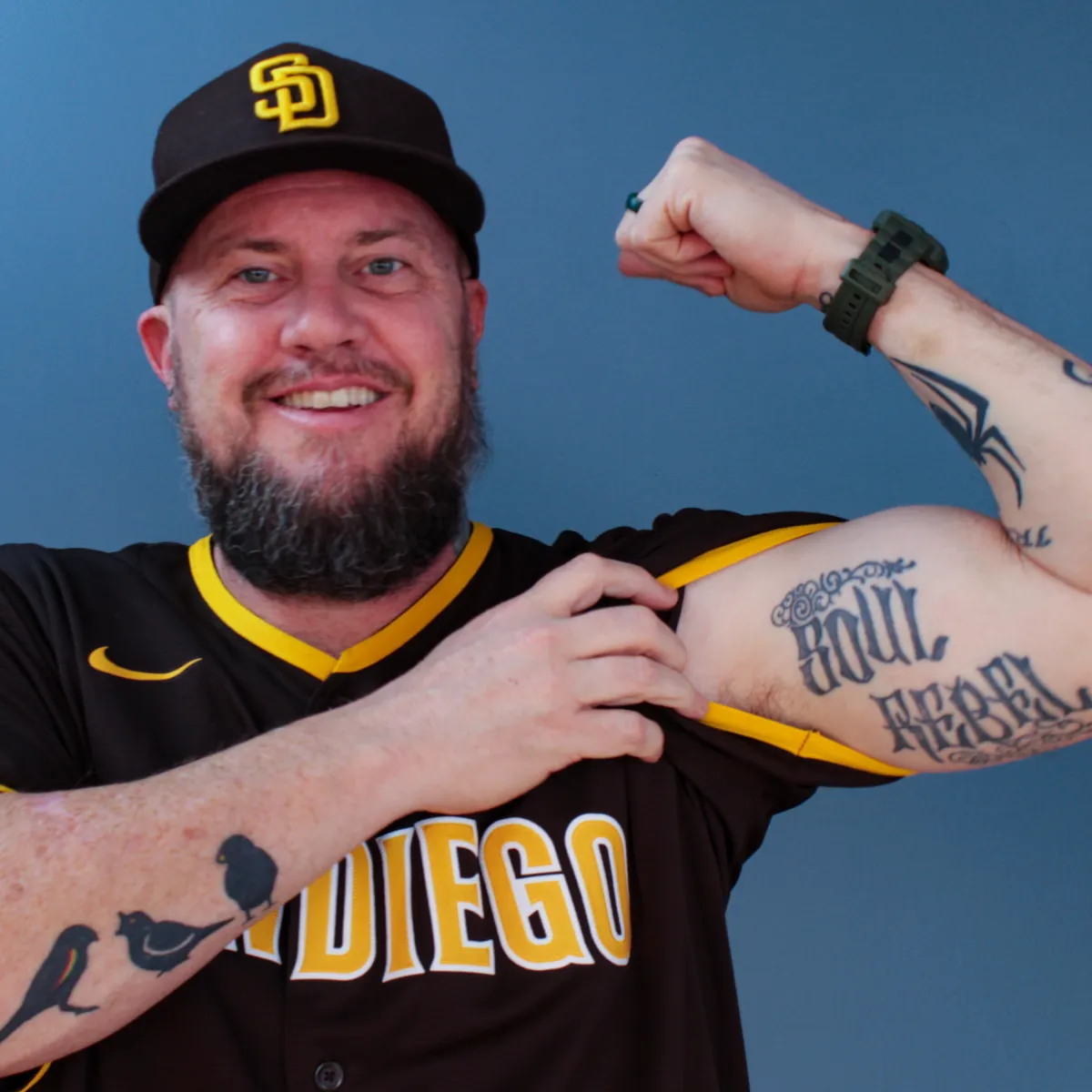
Jeff Aldrich
Jeff is a Navy veteran, a sound engineer and account manager with Guitar Center Pro.
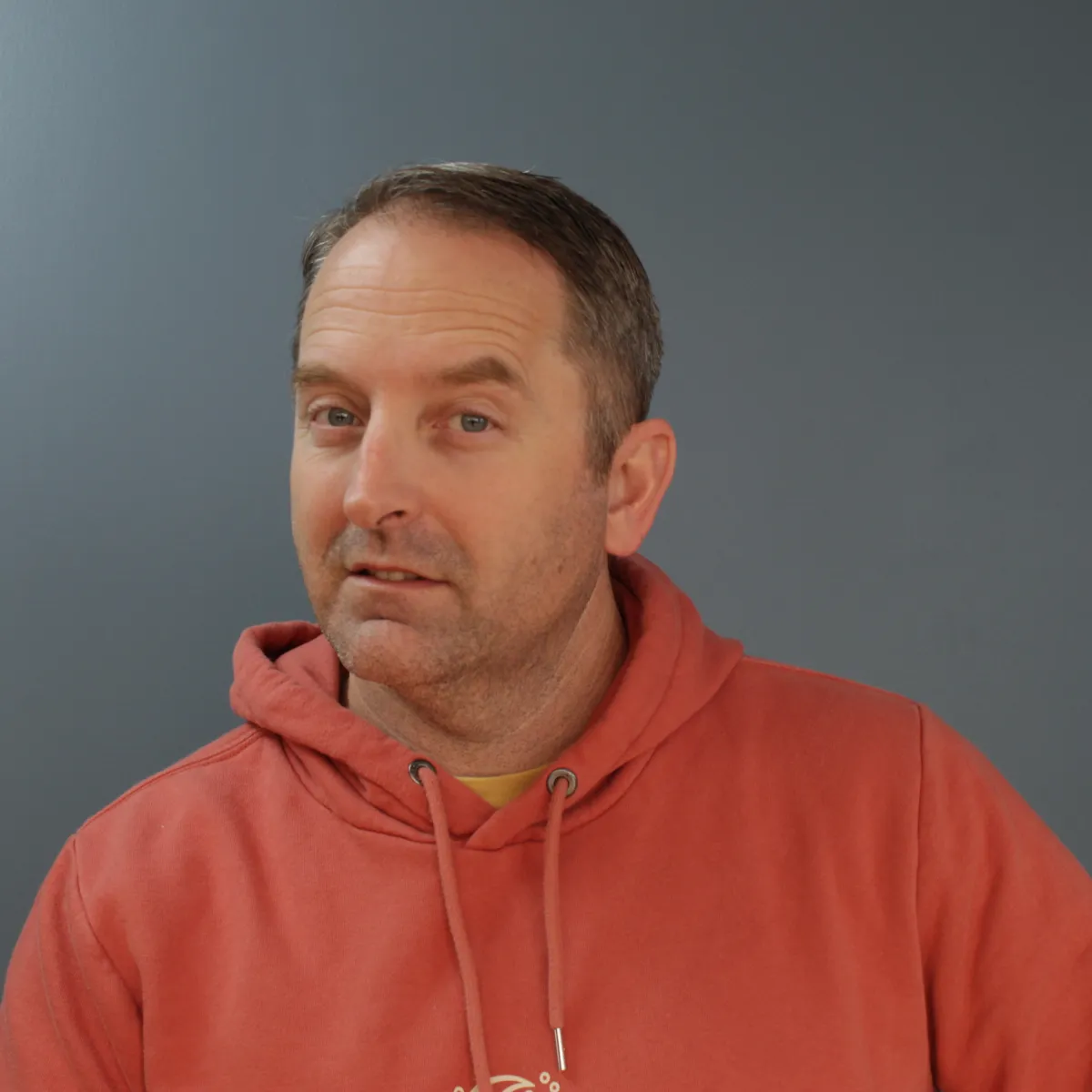
Travis Eadens
Travis is a Navy veteran of the Gulf War. Travis is an experienced traveling nurse.
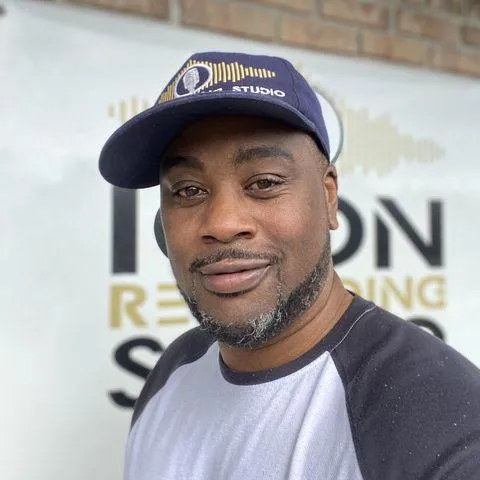
Jawad Mills (Season 2)
Jawad owns Icon Studios, a music recording studio in Orange Park, FL.
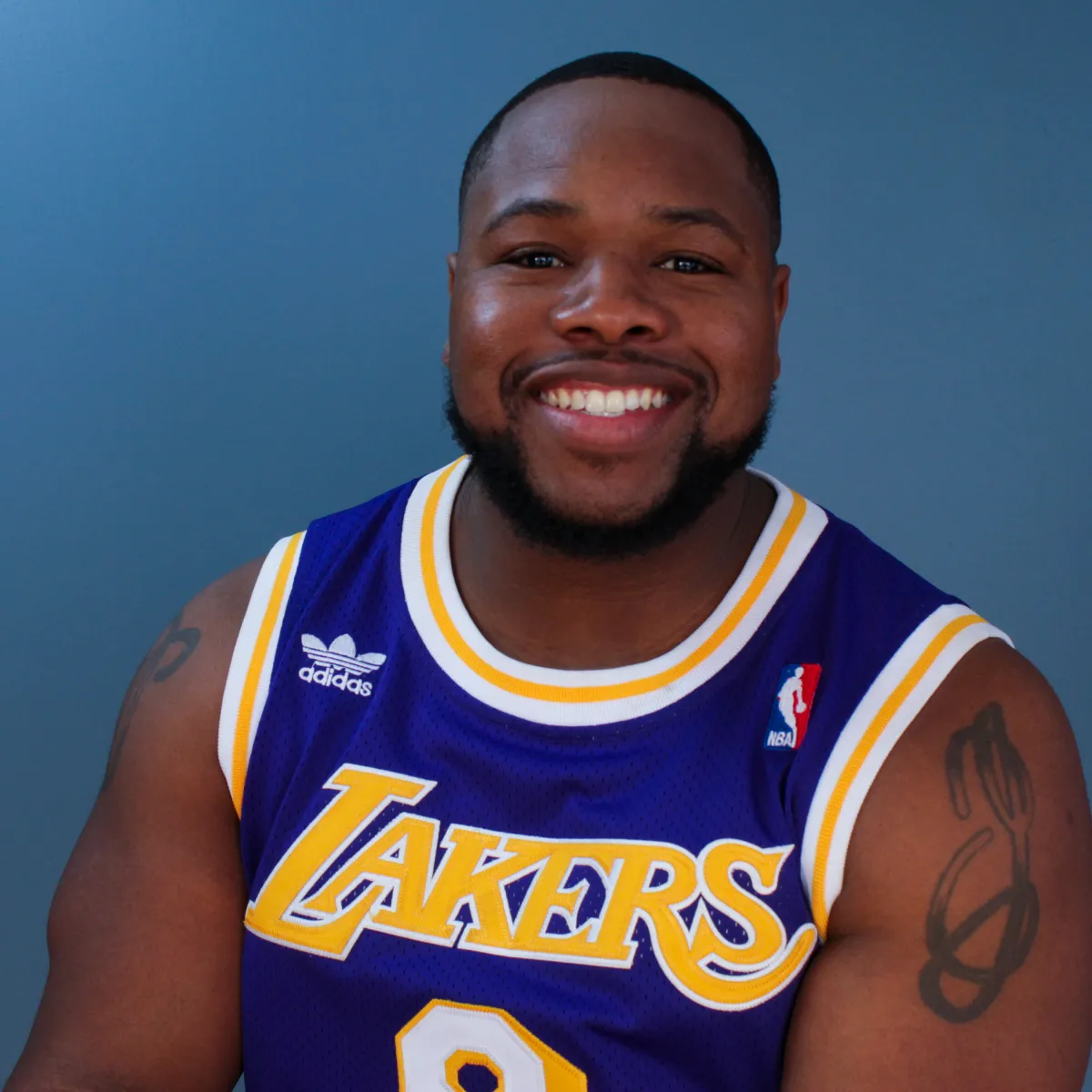
DJ Malone (Season 1)
DJ is an Army veteran and an influencer with 50,000+ followers on Facebook.
Listen Now
Production Credits
Seasons 3-4 of the Collective Perspective Podcast is recorded and produced by Collective Perspective Production Corp, a nonprofit company, in Orange Park, Florida. In these episodes, the podcast reignites the American spirit of unity and brings genuine dialogue to showcase the diverse tapestry of America. Their guests span from battle-hardened veterans and seasoned tradespeople to freshly-minted voters and grassroots champions, exploring the pillars that fortify our nation — faith, family, solidarity, and insight.
Season 2 of the Collective Perspective Podcast was recorded at Icon Studios in Orange Park, Florida.
Season 1 was recorded and produced by Mix Theory Studios, Inc., in downtown Jacksonville, Florida.
In Seasons 1-2, the podcast focuses on unifying communities and providing a gateway to help fund organizations that support victims of sex trafficking — one topic, one episode and one soul at a time. The Collective Perspective podcast is established as a source of truth in a world of misinformation and for people despite vast backgrounds to unify against evil.
The music in this show is excerpted from ‘Sweater Weather’ by J.Dash, a rapper, record producer, and songwriter who grew up in Jacksonville, Florida.

Powered by Mix Theory Studios, Inc., a content design studio and production company located in downtown Jacksonville, Florida.
Contact Us at [email protected]
Navigation
© 2025 Mix Theory Studios - All Rights Reserved.
